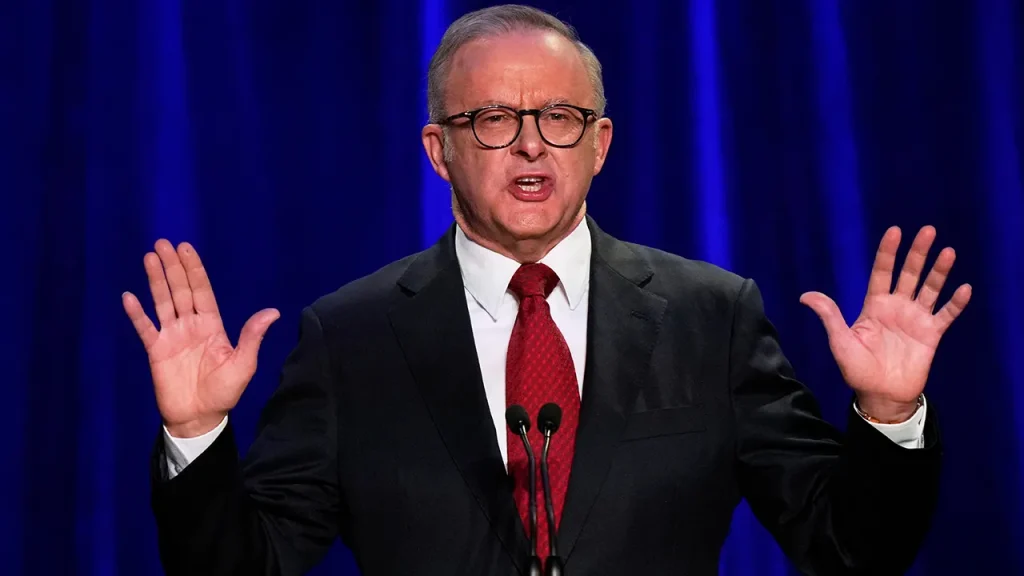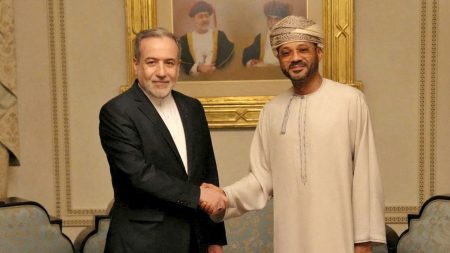Australia Expels Iranian Diplomats Over Antisemitic Attacks
In a significant diplomatic move, the Australian government has announced the expulsion of two Iranian diplomats following allegations that Iran was behind recent antisemitic attacks in Sydney and Melbourne. Prime Minister Anthony Albanese revealed that Australia’s domestic intelligence agency, ASIO, had gathered “credible intelligence” leading to the “deeply disturbing conclusion” that the Iranian government had directly ordered at least two attacks targeting Jewish establishments in major Australian cities. This unprecedented diplomatic action highlights growing tensions between the two nations and raises concerns about foreign interference on Australian soil.
The attacks in question targeted a Sydney restaurant and a Melbourne synagogue, part of a troubling trend of increased antisemitic incidents across Australia since the Hamas attack on Israel on October 7, 2023, and the subsequent Israeli military campaign in Gaza. According to Albanese, while “Iran has sought to disguise its involvement,” Australian intelligence services have confidently assessed Iran’s culpability in orchestrating these attacks. The severity of the situation prompted immediate diplomatic action, with Australia informing Iran’s ambassador of the expulsions shortly before making the public announcement. In a further protective measure, Australia has also withdrawn its own diplomatic staff from Iran, relocating them to a third country for safety reasons.
Beyond the diplomatic expulsions, Australia has taken the additional step of announcing plans to designate Iran’s Islamic Revolutionary Guard Corps (IRGC) as a terrorist organization. This designation would align Australia with several other Western nations that have already classified the IRGC as a terrorist entity, recognizing its role in supporting militant groups and alleged involvement in international terrorism. The decision represents a significant hardening of Australia’s position toward Iran and demonstrates the seriousness with which the government views these attacks on Australian soil. Prime Minister Albanese’s government appears determined to send a clear message that foreign interference and the exportation of conflicts to Australia will not be tolerated.
The timing of these developments is particularly noteworthy as they come shortly after Australia announced its intention to recognize Palestinian statehood at the United Nations General Assembly in September. This announcement had already created diplomatic friction with Israel, whose Prime Minister Benjamin Netanyahu responded harshly, claiming that “History will remember Albanese for what he is: A weak politician who betrayed Israel and abandoned Australia’s Jews.” The new revelations about Iran’s alleged involvement in antisemitic attacks in Australia add another layer of complexity to Australia’s position in the Middle East conflict, as the country attempts to navigate a balanced approach while responding firmly to threats on its own soil.
The rise in antisemitic incidents in Australia following the October 7 attacks in Israel reflects a global pattern of increased tensions and hate crimes targeting Jewish communities. Local Jewish leaders have expressed concern about their safety and called for greater protection. The revelation that some of these attacks may have been directed by a foreign government rather than being solely domestic in origin adds a troubling international dimension to what was already a serious domestic security concern. It suggests that foreign powers may be attempting to exploit and exacerbate tensions within Australian society, using local conflicts as proxy battlegrounds for broader geopolitical objectives.
Australia’s response to these incidents demonstrates the complex balancing act faced by nations caught between competing interests in the Middle East. While maintaining its recently announced position on Palestinian statehood, the Australian government has simultaneously taken strong action against Iran for its alleged role in antisemitic violence. This approach reflects an attempt to separate legitimate policy positions regarding the Israeli-Palestinian conflict from the unacceptable targeting of Jewish communities within Australia. As international tensions continue to evolve, Australia’s diplomatic and security challenges highlight how distant conflicts can have very real and immediate impacts on domestic security, community relations, and international diplomacy, requiring careful and principled responses from governments worldwide.















